#Safety
QOTD: Should Drug Testing Be Necessary for Plant Work?
Matt raised an interesting question yesterday in his piece on GM’s worker woes.
Specifically, should drug testing even be a thing for plant work when many states are legalizing or at least decriminalizing marijuana?
Safety Groups Downgrade Tesla Models for Dumping Radar
The National Highway Traffic Safety Administration is downgrading the Tesla Model 3 and Y following the company’s decision to remove radar from its advanced driver-assistance suite. We wrote about it, noting that the change actually removed several features from the affected cars and introduced the activation of another creepy, driving-monitoring camera.
While the latter aspect warranted the most cursing from your author’s side of the laptop, it’s the former that’s seeing the lion’s share of debate among groups advocating for vehicular safety. Everyone wants to blame Tesla’s overreliance on cameras as the thing contributing to high-profile crashes when there’s nary a vehicle on this planet that’s truly capable of driving itself. But that hasn’t stopped the NHTSA from slapping affected Tesla models into their own category, noting that they lack several functions it deemed important for safety. It’s all relative, considering there are millions of vehicles on the road that don’t have any advanced driving aids to speak of and heaps of evidence that electronic nannies don’t always function as intended. But it’s earning Tesla bad publicity as it gets dinged by increasingly more safety groups.
Pedestrian Deaths Ballooned Against Miles Driven Last Year
The Governors Highway Safety Association (GHSA) released the latest data pertaining to U.S. pedestrian fatalities — indicating that the largest-ever annual increase since we started keeping track in 1975. While the data is preliminary, the association estimated there were 6,721 pedestrian deaths in 2020. It’s a 4.8 percent increase over 2019 and not all that impressive until you realize most people basically gave up their normal driving routine during lockdowns. According to the GHSA, adjusting for miles driven actually results in an annual increase of 21 percent.
It’s genuinely creepy and kind of perplexing with everyone staying isolated. But we’re not going to recommend you start wearing high visibility jackets whenever you leave your home because the mathematical likelihood of being crushed by an automobile remains incredibly low.
Authorities Claim No One Was in the Driver's Seat in Tesla Crash
A crash involving a Tesla Model S in Texas killed two passengers.
We say “passengers” instead of “occupants” because it appears there was no one in the driver’s seat at the time of the crash.
Lexus Makes a Point About Distracted Driving
Last week, Lexus launched a viral marketing campaign — that also makes for an excellent public service announcement — about how stupid it is to check your phone while driving. But it has only just started getting the kind of attention it deserves, now that some of the contentious regulatory news has subsided.
The automaker modified a Lexus NX crossover with an electrochromic film that can totally obfuscate the glass for 4.6 seconds — which is the average length of time a person looks at their phone while driving, according to the National Highway Traffic Safety Administration (NHTSA). It then invited people to take the car for a “test drive” while it made a point about distracted driving. While an overt publicity stunt, it was rather effective and addresses one of our biggest concerns in terms of automotive safety. Lexus simply showcased a bunch of morons with phones in an interesting way, highlighted the danger, and then got off its podium.
Not Everyone in Arizona Is a Fan of Waymo's Self-Driving Vans
Waymo, the autonomous program backed by Google-parent Alphabet, seems to have upset some residents of Phoenix, Arizona, who have elected to whip eggs at the company’s test vehicles. Selected due to its lax regulatory standards, the state has become home base for Waymo to pioneer its self-driving vans since 2016. However, newly released police reports paint a picture where the locals are far less enthused with the vehicles’ progress than Waymo’s marketing materials would suggest.
A subset of Phoenix citizens has been demanding the firm improve transparency and offer better explanations for some of the higher-profile crashes since 2018. Despite Waymo assuring the public that mishaps are rare, local reports showed some erratic behavior among the test mules operating in 2020. While a few of these incidents made the news, local police reports from Chandler and Tempe (metropolitan Phoenix) indicate there was a slew of incidents we did not know about — many of which involved encounters with frustrated, human motorists.
NHTSA Recalls GM Vans for Potential Fire Hazard
A warning was issued today to owners of 2021 Chevrolet Express and GMC Savana vans with 6.6-liter gas engines by the National Highway Traffic Safety Administration (NHTSA). If a battery short circuit were to happen, there may be a low battery voltage warning, the battery might die, or an engine compartment fire could take place.
Dodge Introduces Three Horsepower Challenger, Charger
Dodge has long been synonymous with high levels of horsepower. Modern-day marketing materials practically scream it into your ear, acknowledging the company’s historic penchant for providing ludicrous amounts of power for hysterically low prices. The reality is a bit more complicated, however. While Mopar brands were indeed offering some of the best bang-for-your-buck muscle cars, back when they were a tad more novel, some of the fastest machines actually came from General Motors and Ford.
Today’s situation is very much the same. When the rest of the industry started downsizing powertrains, Dodge was still trying to squeeze even more juice from its colossal V8 engines — installing them anywhere they might fit. Rivals quickly got wise to its attempt to corner a segment just about everyone else had abandoned, resulting in gems like the Chevrolet Camaro ZL1 or Ford Shelby GT500. But with everyone now back on board with the concept of displacement meaning power, Dodge has decided to change tactics.
What if it manufactured the V8 offering the smallest amount of horsepower imaginable?
Consumer Reports Worried Tesla Could Spy on Customers
Consumer Reports has taken umbrage with Tesla’s new cabin camera designed to monitor the driver by suggesting there might be some privacy concerns. While that sounds like the understatement of the year, we’ve seen other companies (e.g. Cadillac) deploy similar devices with little pushback. Uncoverable lenses on our laptops and phones are creepy enough. When the auto industry starts affixing driver-monitoring cameras to the dashboards of automobiles, you have to sit back and ask yourself how much longer you’re willing to be a party to the prologue for George Orwell’s Nineteen Eighty-Four.
Trapped like a dog inside the hot car of progress, we’ve been attempting to honk the horn until someone pays attention. Mercifully, Consumer Reports doesn’t seem to have forgotten its roots in consumer advocacy and is walking up to our window with a rock. It’s demanding more privacy protection for vehicle operators, and not just from a single automaker.
Honda Recalls 1.4 Million Vehicles in Multiple Campaigns
On Tuesday, Honda announced a bevy of recalls encompassing more than 1.4 million automobiles sold in the United States. Split between several campaigns, the recalls encompass everything from dissolving driveshafts to bum window controls that could potentially result in a vehicle fire.
According to reports issued via the National Highway Traffic Safety Administration, the first and most-pressing issue involves the 2002-2006 Honda CR-V. Crossovers introduced to moisture could see their power window switches failing. If sufficient moisture is applied to the wires, Honda stated that there is some risk of a “thermal event.” As of November, the automaker said it was aware of 87 such instances and 23 reported events of fire.
Toyota RAV4 Hybrid Fails the Moose Test in Dramatic Fashion
Sweden’s evasive maneuver test, better known as the moose test, is a brutal simulation of what might happen if your lane was suddenly occupied by a giant mammal and you had to get out of the way in a hurry or prepare yourself to become one with the animal. It also happens to be one of the hardest automotive tests to pass, with a long list of models failing to stay on course at highway speeds. In fact, the whole point of the test is to see how fast a vehicle can run the brief gauntlet without running over traffic cones or flipping itself over.
As a result, the cars that typically perform the best tend to be lightweight road huggers with above-average factory rubber. Meanwhile, crossovers and pickups have had particularly poor showings — with Toyota’s RAV4 embarrassing itself rather badly in 2019 after Stockholm’s Teknikens Värld (one of the European publications that made the test world-famous) showed its stability management system was ill-equipped to handle the course. While Toyota went out of its way to remedy the issue with a software update in Europe, recent testing showed the RAV4 PHEV was back to its old tricks… or lack thereof.
Honda's Newest Product: Blind-spot Monitoring for Children
While every other developed nation has been struggling unsuccessfully to catch up, Japan remains ground zero for adorable robots and Honda is continuing the trend with its new traffic-safety gizmo. Intended to advise young children on how to proceed through intersections, the product is really more like blind-spot-monitoring for kids than a full-on robotic entity. But it seems a useful useful addition to the pedestrian-heavy country where youngsters are substantially more likely to be struck by automobiles than here in North America.
Titled “Ropot” by its creators, the device rides on a backpack or shoulder strap and uses its GPS capabilities to remind kids to stop and look at intersections. It also allows parents to track the whereabouts of their offspring. However, since Ropot is targeted for children who are just starting to venture places on their own, a little parental spying may be warranted. All the adults have to do is make sure they take that first trip to school together so Honda’s wide-eyed helper can learn the route.
NHTSA Begins Regulatory Proceedings for Autonomous Safety, You Can Help
Safety regulators with the National Highway Traffic Safety Administration (NHTSA) said they were opening formal regulatory proceedings to establish new safety standards for autonomous vehicles on Thursday. However, before the NHTSA can get into proposing new rules that will influence how cars that can control themselves will be handled by the U.S. government, it wants citizens to offer their two cents.
We’re talking specifically about Levels 3-5 of automation as defined by SAE, meaning cars that could someday be sold without steering wheels or any other means to take control of the vehicle yourself. It’s something industrial lobbyists with the Alliance for Automotive Innovation (AAI) already have a roadmap for and plan on sharing with the NHTSA soon. Based on the group’s previous initiatives, we imagine it’ll be advocating the government leave as much control in the hands of manufacturers as possible. But you’ll have a limited window to weigh in on that position (or, better yet, share your own) while regulators have an open request for public comment.
IIHS Study Underlines the Perils of Driver Disengagement
It turns out there’s a name for the false sense of security provided by modern driving aids. According to researchers with the Insurance Institute for Highway Safety (IIHS) and the Massachusetts Institute of Technology’s AgeLab, the phenomenon is called “driver disengagement” and it’s assumed to be a contributing factor to roadways fatalities. The duo recently published a rather basic study examining how evolving automotive technologies might be eroding safety under the guise of progress.
Since we’ve been onto the perils and shortcomings of advanced driving aids since their introduction, it also provides us with another stellar opportunity to gloat. Heck, our criticisms go back far enough to predate any reputable research on the matter. We were just bitter cranks then, annoyed that the systems seemed unworthy of our trust despite constantly demanding it. But the IIHS said its latest testing found motorists frequently lose focus while utilizing features like adaptive cruise control and lane-keeping. This issue reportedly worsens the more familiar drivers become with the systems, which would be fine if they could be counted on for total effectiveness. Sadly, there’s been more than enough testing for us to know that’s not the case.
Hyundai Being Sued Over Kona Electric Fires, LG Chem on Deck
Hyundai Motor Co. is being sued over a series of battery fires in its electric vehicles in Asia — specifically in relation to the otherwise-enjoyable Kona EV. Though it hardly seems fair to single out Hyundai when General Motors recently issued a recall encompassing 68,677 electric vehicles with batteries manufactured by LG Chem. Interestingly, Hyundai’s 74,000-strong Kona recall (which includes 11,082 units sold to the United States and Canada) uses the same supplier.
EV fires have become a hot topic within the industry, specifically because it runs the risk of slowing adoption rates and makes the affected automaker look wildly inept. Lawsuits don’t help the matter but Hyundai’s more immediate concerns involve proving that LG is the one that screwed up. While it hasn’t pointed any fingers directly at the supplier, it has dropped subtle hints while LG Chem insists its products are not defective. The duo is reportedly collaborating on an internal investigation into the troubled vehicles — 16 of which have burst into flames in North America, Europe, and Asia.



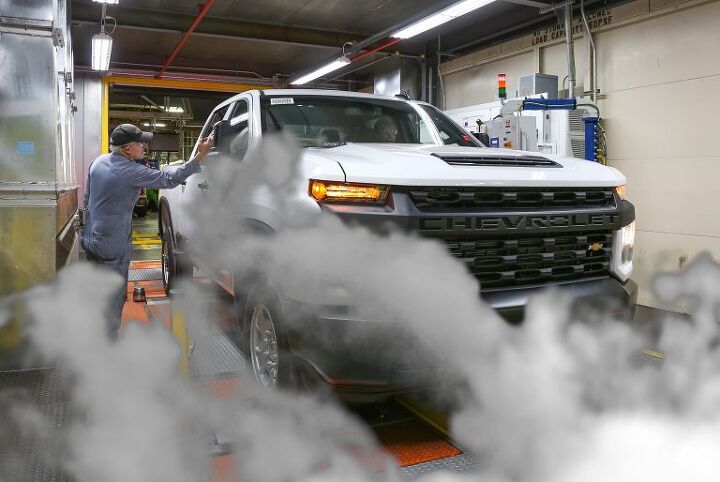


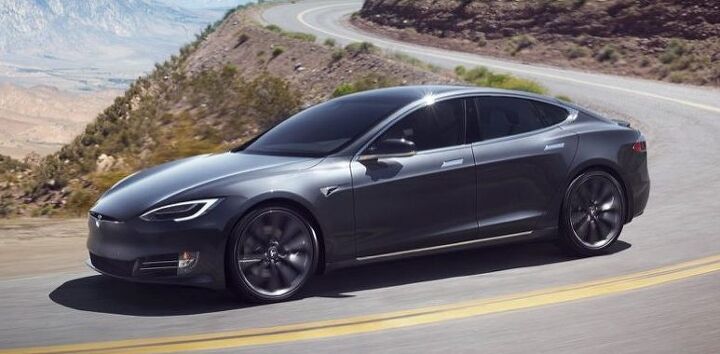

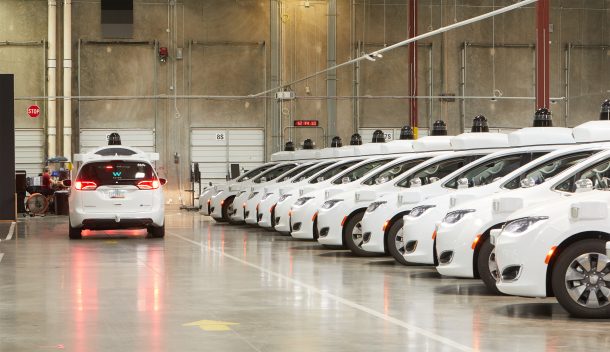
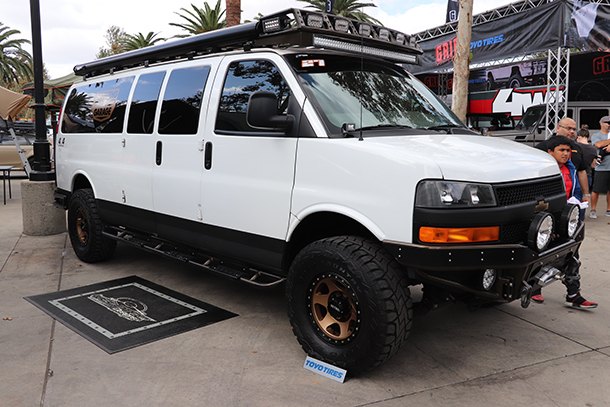
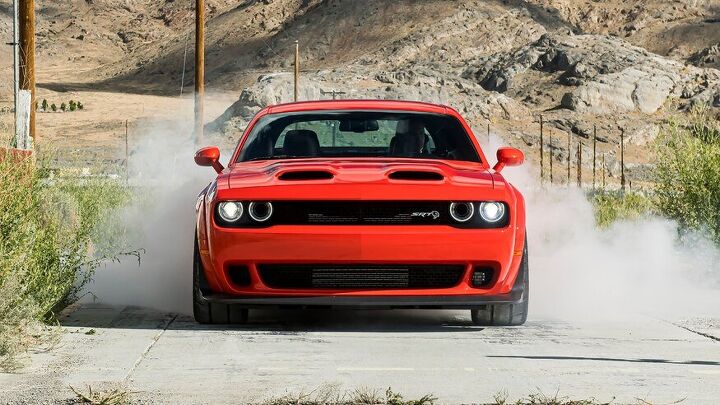


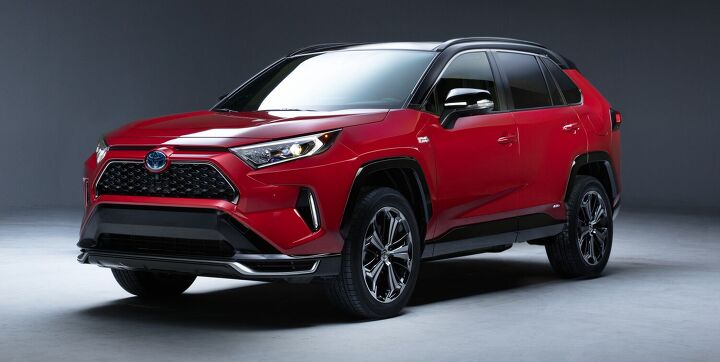



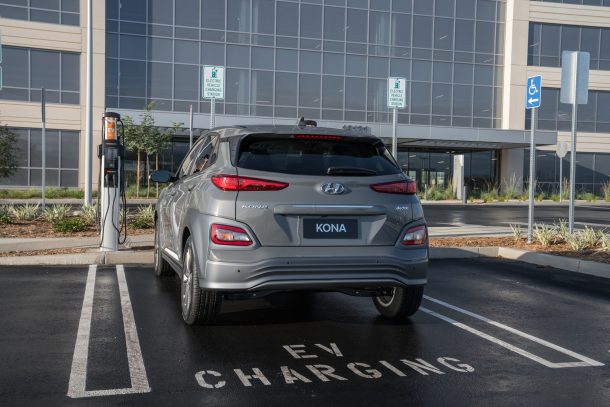












Recent Comments